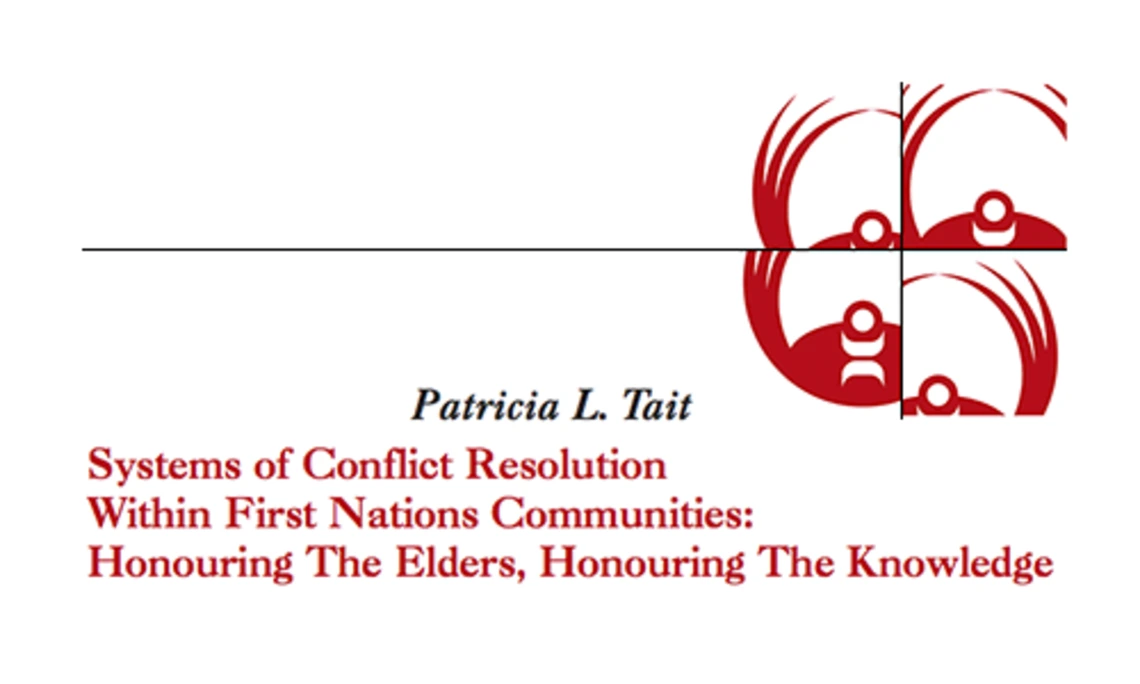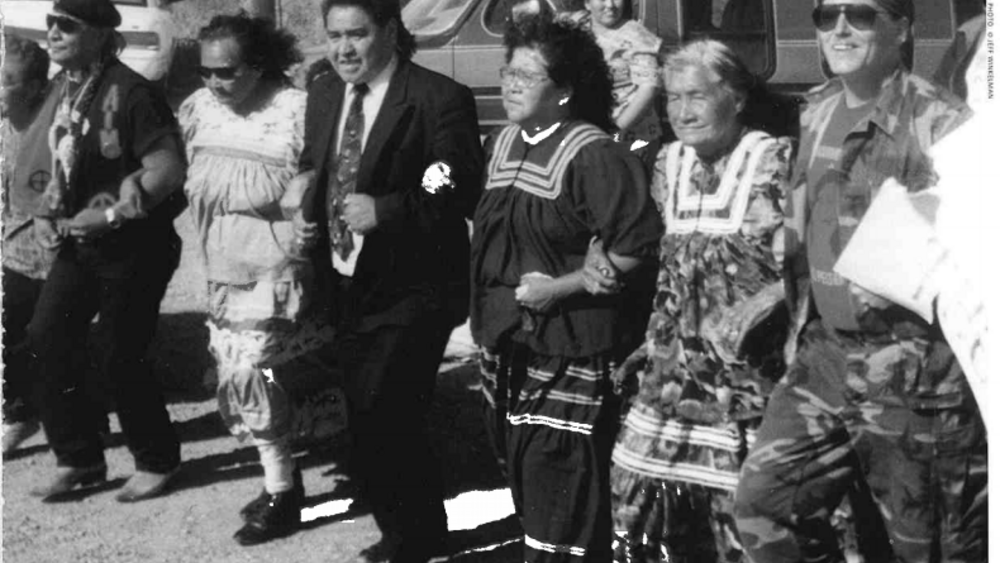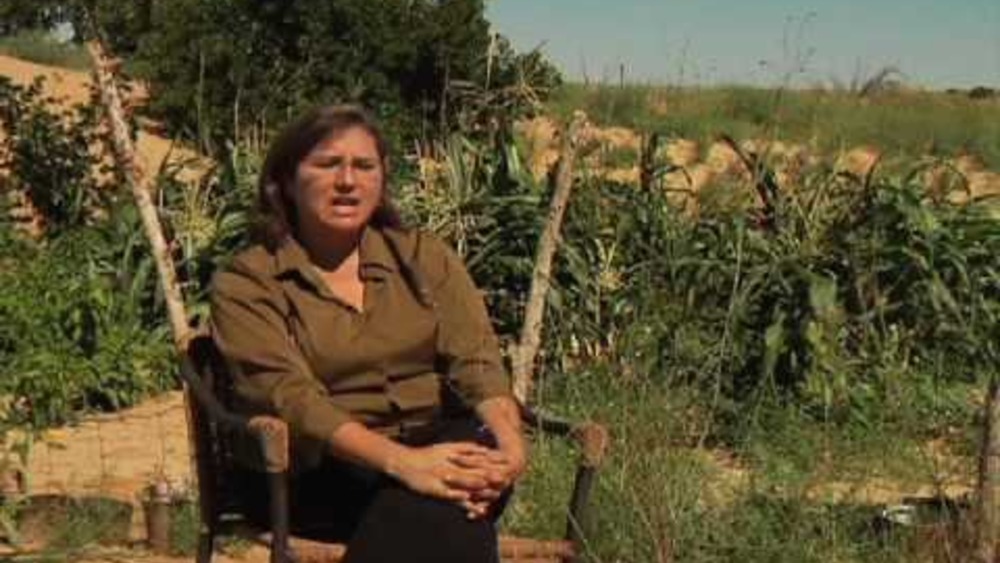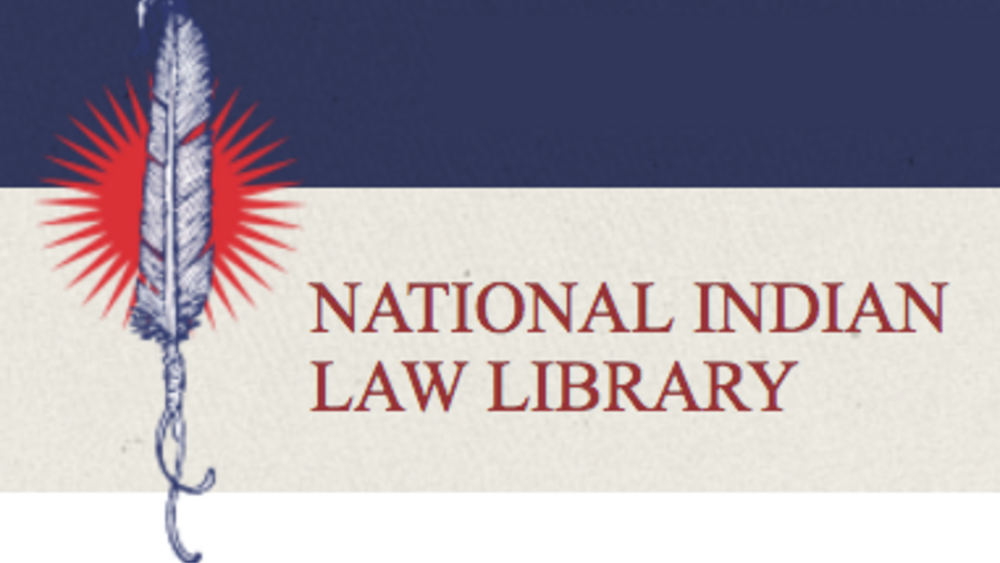First Nations people are well aware that many of our governments and citizens struggle to move beyond the violence and dysfunction that characterizes some individuals, families and communities. Within some community settings, drugs and alcohol prevail, family members are involved in the justice systems and children are being apprehended. These situations are being compounded by significant unemployment and lack of both education and employment opportunities. Loss of culture, language and tradition further exacerbates the problems. All of these are primarily attributable to the impact of colonialism.
The subsequent efforts by Canadian society to address these concerns through non-Indigenous interventions, developed and delivered by non-First Nations individuals, have most often only extended colonial impacts. First Nations people recognize that these efforts have been unsuccessful and have only served to further disrupt the traditional infrastructures. The position, that control over peace making systems must rest with the First Nations, has been reinforced by justice reports authored by Canadian government sectors.
Previously mentioned non-Indigenous interventions have impaired the First Nations community's inherent ability to provide a peaceful and safe environment for all their citizens. It is important to note that the author does not equate non-indigenous understanding of justice with the limited definition attached to criminal justice systems. Rather, the term justice that is used is reflective of wellness, fairness and balance for First Nations and their people within Canadian society. Without a doubt these self determined forms of justice, First Nations community controlled, community empowered models of intervention, are better equipped to deal with internal issues in a more wholistic way. This justice definition requires recognition of the wisdom of First Nations people to define, address and heal the wounds of their own.
Additional Information
Tait, Patricia L. "Systems of Conflict Resolution Within First Nations Communities: Honouring The Elders, Honouring The Knowledge". Research Paper for the National Centre for First Nations Governance. The National Centre for First Nations Governance. Canada. 2007. Paper. (https://fngovernance.org/wp-content/uploads/2020/09/patricia_tait.pdf, accessed February 5, 2024)




